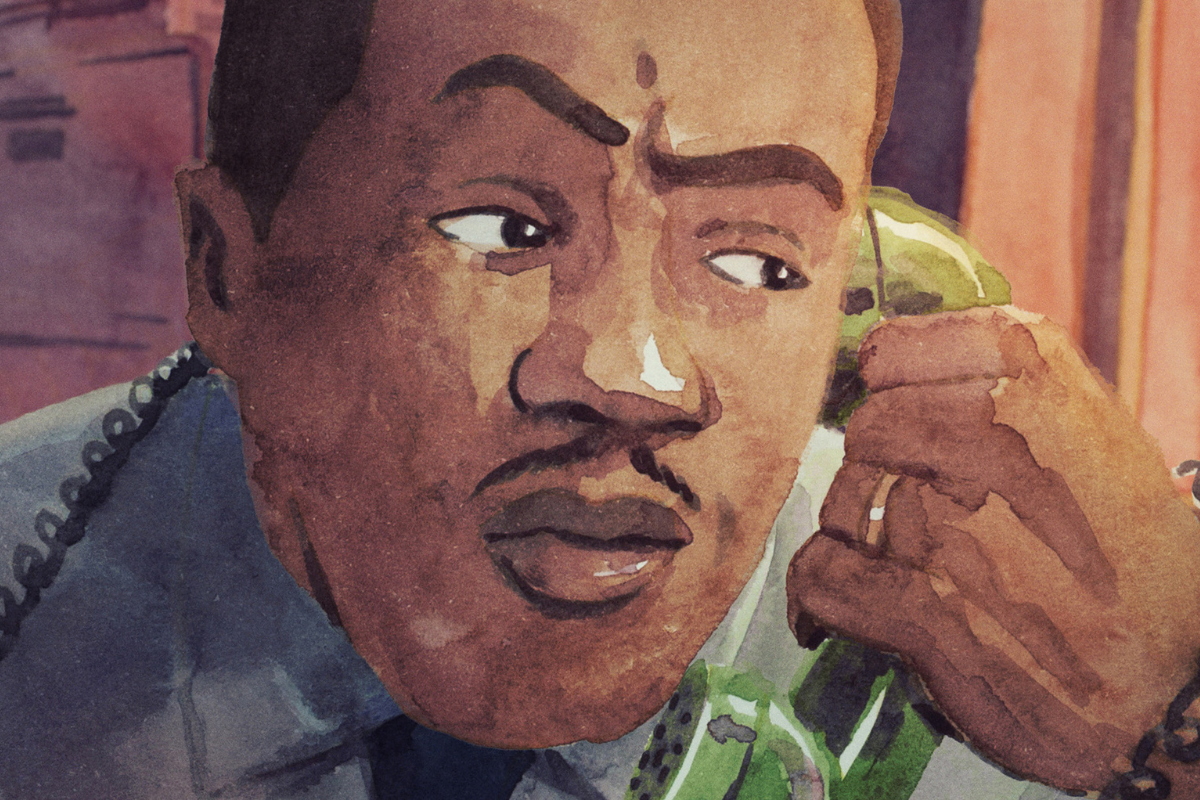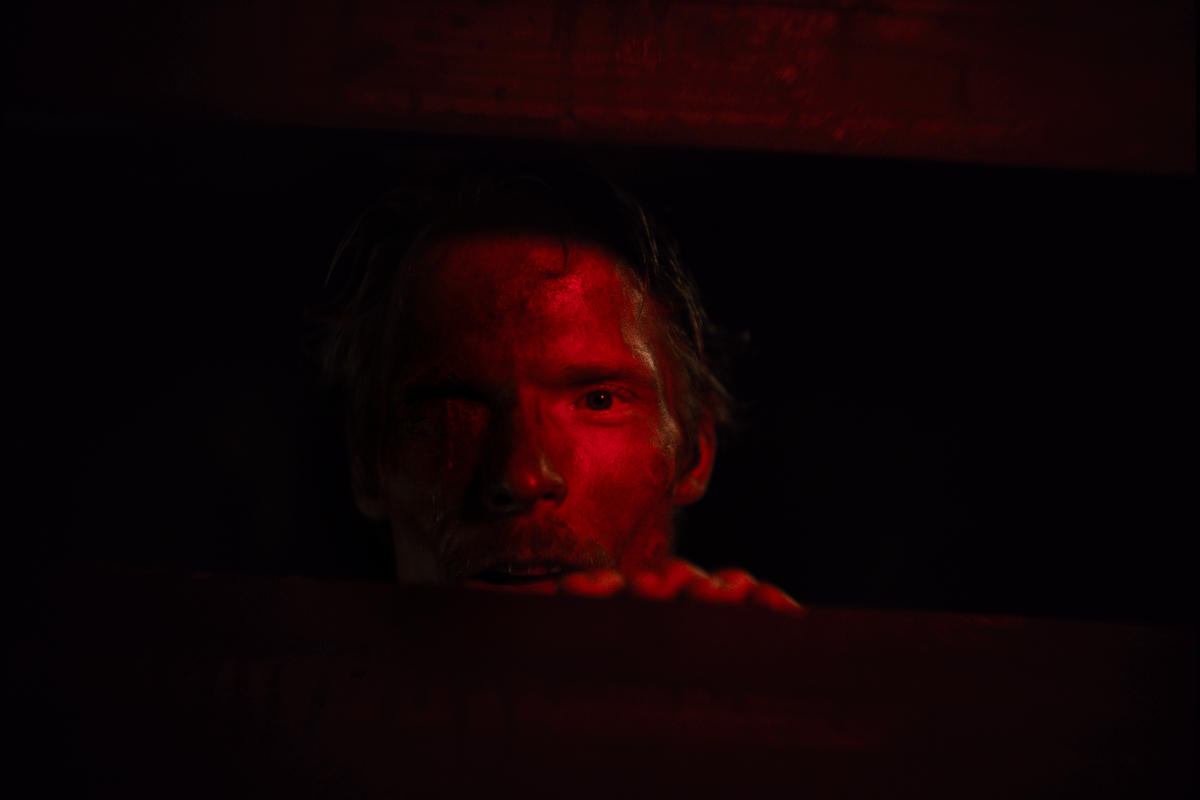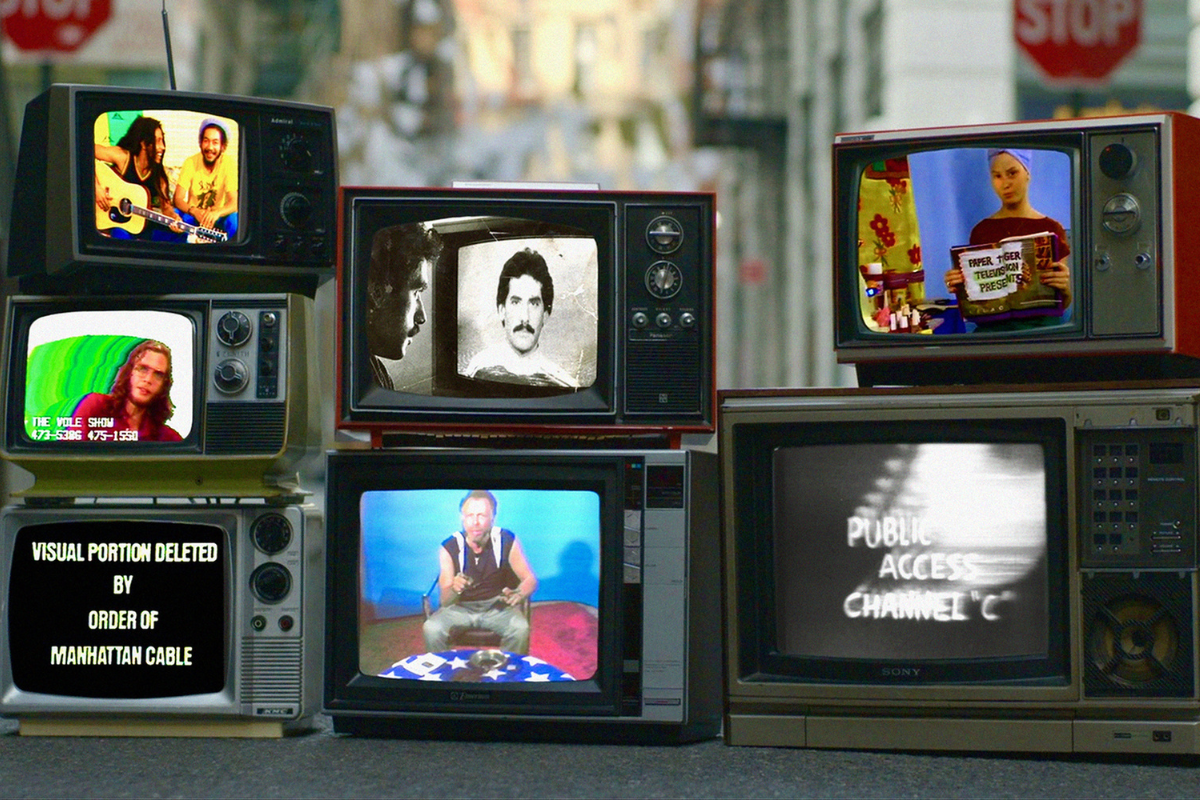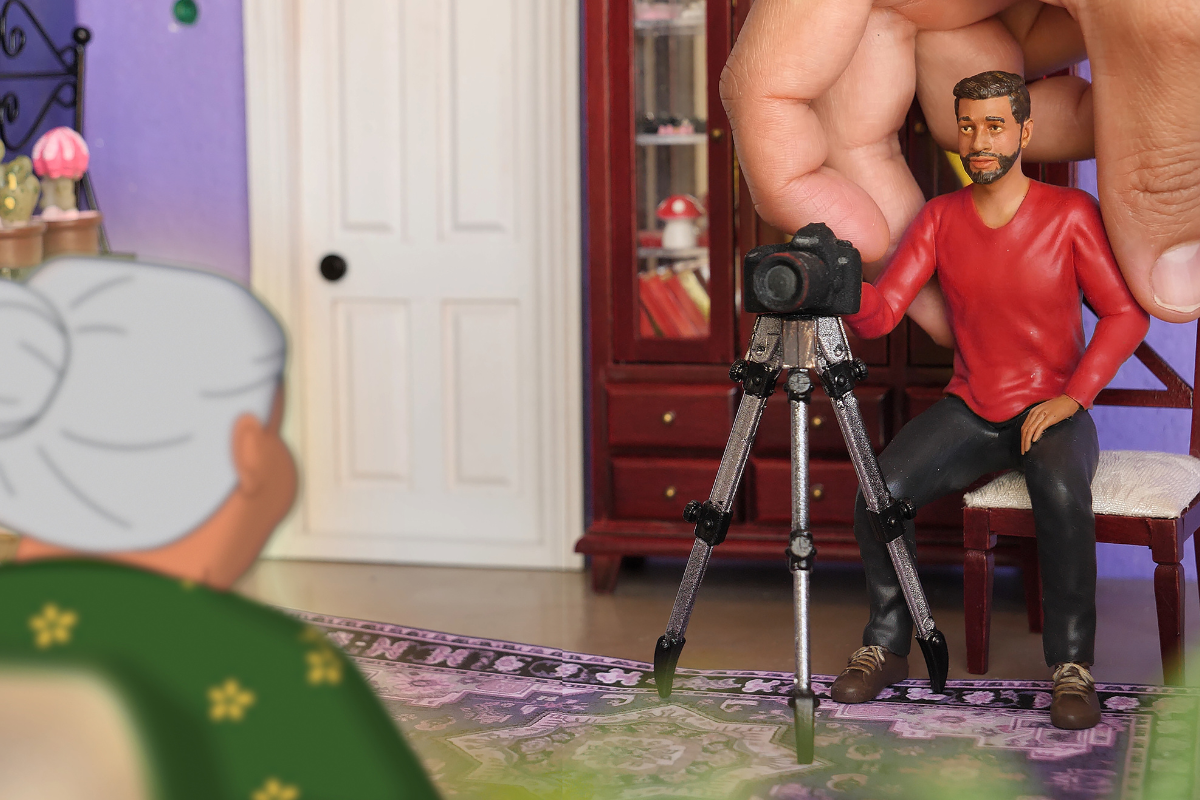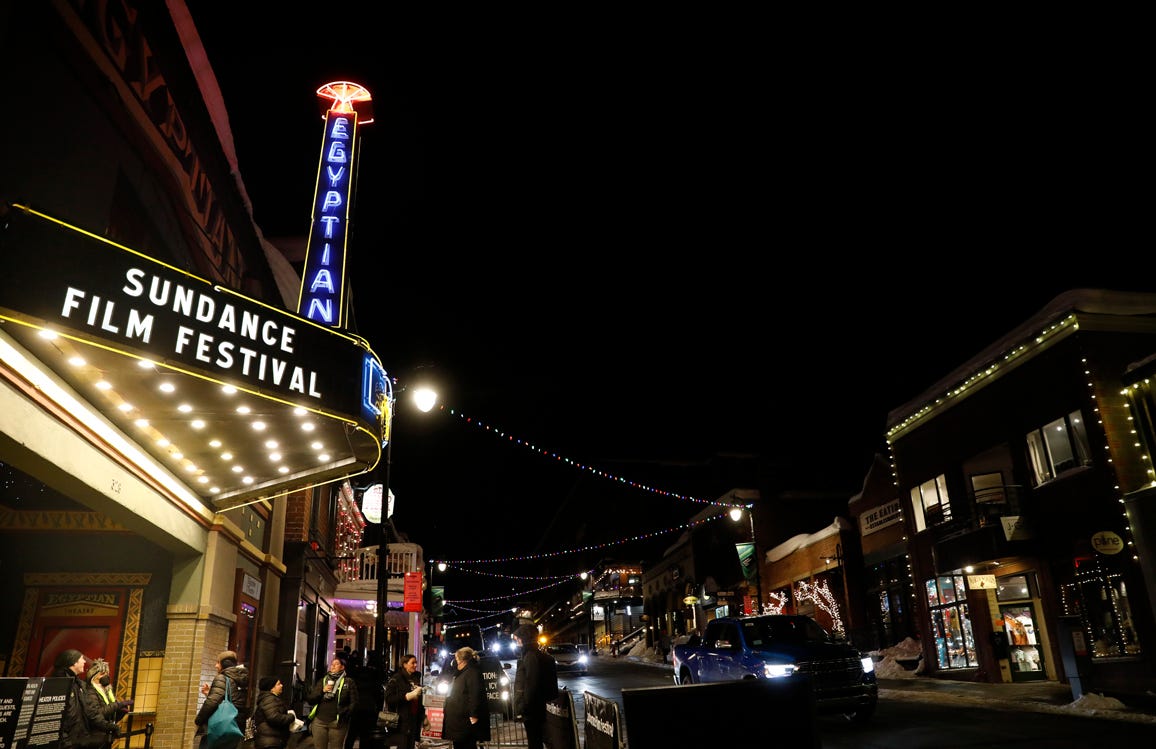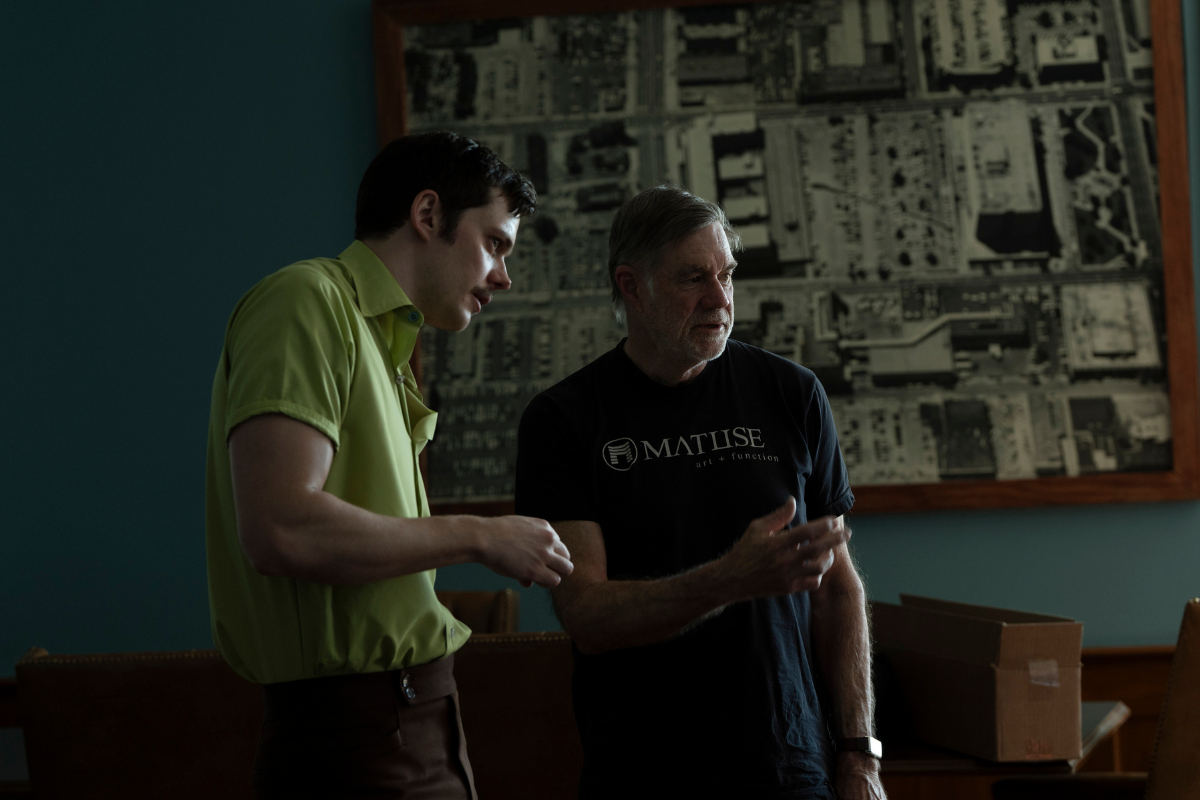Interview with ‘American Fiction’ Editor Hilda Rasula
Cutting across genres, tones and styles in both television and film, Hilda Rasula spoke with Script’s Susan Kouguell about her latest project ‘American Fiction,’ which is garnering many nominations during the start of this awards season.
Cutting across genres, tones and styles in both television and film, Hilda Rasula spoke to me about her latest project American Fiction, which is garnering many nominations during the start of this awards season.
HILDA RASULA cut the dark comedies Moving On, Vengeance, and French Exit, and has also edited such critically acclaimed series as Transparent, Rectify, Sorry for Your Loss, SMILF, Little America, and Our Flag Means Death. Her work has been featured twice in CineMontage magazine, and in 2018 Hilda was inducted into the society of American Cinema Editors.
American Fiction written and directed by Cord Jefferson, stars Jeffrey Wright as Monk, a frustrated novelist who’s fed up with the establishment profiting from “Black” entertainment that relies on tired and offensive tropes, and decides to prove his point.
"I knew the biggest challenge in editing American Fiction was going to be finding the tone and rhythm. Each storyline needed to work with the others in a way that felt fluid, natural and relatable — like life itself." – Hilda Rasula
KOUGUELL: Cord Jefferson is both the writer and director of American Fiction. Tell me about your collaboration with him.
RASULA: The collaboration was wonderful. He has a strong clear voice as a writer and a strong idea of what movie he wanted to make. We had a really good overall vision of the general vibe of what we were going for, the different genres and why he wanted to make this movie.
He’s also really collaborative maybe because he was a first-time director; he was very open to talking to all of the heads of departments and saying I'll give you space to bring yourself to the project. Especially from a first-time director, to know what they don't know; he came to it with a humble heart and asked us to bring the best of ourselves to it.
KOUGUELL: Was there a difference for you on this project working with a writer/director as opposed to ‘just’ a director?
RASULA: There was a huge difference. I’ve worked with directors in TV who haven’t written the screenplays but television is a different medium as the showrunner is the queen/king of the castle and there’s an inherent difference on how long they will stay on the project.
Cord as the writer/director had a strong influence on the movie; everything about the tone- straddling came from his script originally, and the combination of humor and sadness that he’s interested in as writer was translated in his directing style.
KOUGUELL: American Fiction is a balance of satire about race and culture, and it’s also a drama about a writer’s journey, and his family and romantic relationships. There’s a mix of genres, which breaks the fundamental rules of screenwriting.
RASULA: It was a big challenge on how to find the tone and pace to achieve the delicate balance between all of these different genres; the comedy, the darkness, romance, and Monk’s midlife crisis and finding himself and finding a better understanding of himself. There were so many spinning plates in the air, and we worked on how we were going to do justice to each.
KOUGUELL: Let’s talk about finding the tone of the film.
RASULA: It was like a magic trick to pull off the swerves and to make those turns gracefully and surprise the audience in the right way; those twists and turns that deliberately turn. The writing takes you to an unexpected place.
We worked a lot on how to take these strange wild turns so we didn’t enter a different movie, so we’re always in Monk's movie. We were always asking ourselves, are we still on the journey with Monk and finding the different things in his life – romantic, absurd, and dark things that are true to Monk?
Sculpting those transitions from comedy to pathos and back again required a delicate hand and a lot of experimenting with pacing, but I think we found a tonal balance that feels really human and authentic.
KOUGUELL: How did you discover this?
RASULA: Over the course of months, we did a lot of sculpting and sometimes a deeper sculpting process to find the essence of the scene, with detailed discussions about performances, analyzing a line reading, and what that means for the characters. And finding a spark that’s going to communicate with visuals combining that with words, and dealing with emotional beats.
KOUGUELL: You’ve edited both feature films and series. What differences do you find in your approach?
RASULA: In both TV and film I work hard on the first assembly; you have to get to the heart of what you think the best performances are scene by scene before getting into sculpting it itself.
In TV there is an intense speediness in what you have to accomplish. The director comes and goes fairly quickly, and then they’ve gone on to the next project, and the editors are left with the writers and showrunners. What I love about TV is that it’s very collaborative; there are usually multiple editors and there’s a fun summer camp vibe, working in the same office together, showing each other's scenes, talking about character arcs, and playing off each other’s ideas.
In features, the joy is that there’s more time on the back end to analyze what you’re putting out there and more time to work with the director. You’re working deeply with the director and sometimes producers to find and control the story.
KOUGUELL: Describe your creative process.
RASULA: When I get my dailies, I watch the last take first and then go to the beginning and watch the progression. Then I see what the director's notes may have been, and then I put the scenes in order, beat by emotional beat, and then do a tightening pass. I cut everything without music unless, for example, it's explicitly for a montage. I get the foundation laid of the performances; finding the performances that feel true, always trying to find nuances. Then, it’s manipulating time and space to make the scene flow and to make the pace flow to make it interesting.
KOUGUELL: What elements made this experience editing American Fiction unique for you?
RASULA: I didn't know a single person on the crew; it was fun to meet new people. What was cool was becoming deep friends and having a meeting of the minds.
KOUGUELL: Did you read Percival Everett’s book Erasure from which American Fiction was adapted?
RASULA: I don't like to read the source material before editing. I read Erasure afterwards. There’s a danger that you would be too influenced by the novel or you would want to try to do justice in something you liked in the novel. The screenplay is the blueprint for the movie.
American Fiction is now available in select Theaters and opens wide on December 22, 2023.
Learn more about the craft and business of screenwriting and television writing from our Script University courses!
Susan Kouguell, award-winning screenwriter and filmmaker, is a senior contributing editor for Script Magazine, and teaches screenwriting at SUNY College at Purchase. Author of Savvy Characters Sell Screenplays!. Susan’s consulting company Su-City Pictures East, LLC, works with filmmakers worldwide. Follow Susan on Facebook and Instagram @slkfilms.


